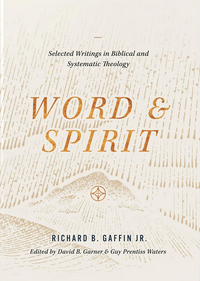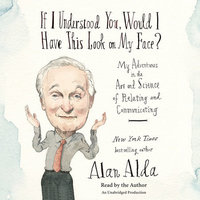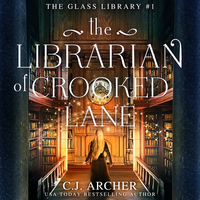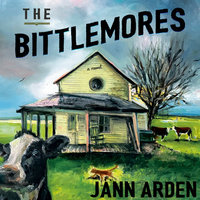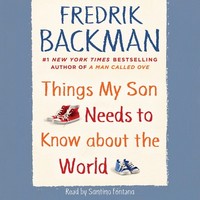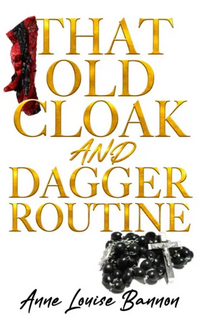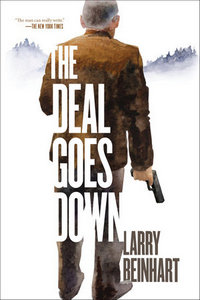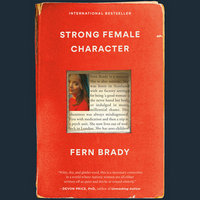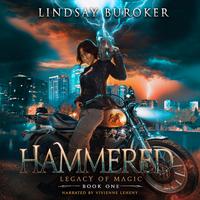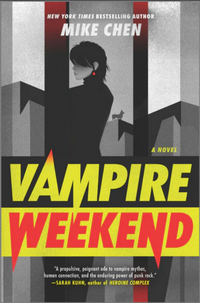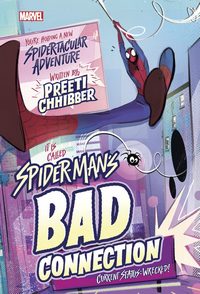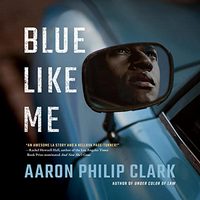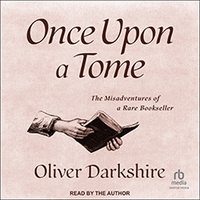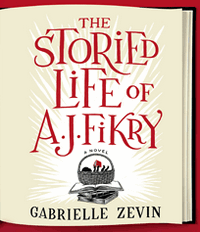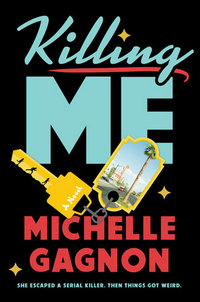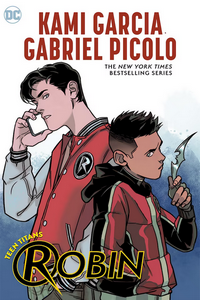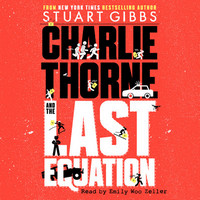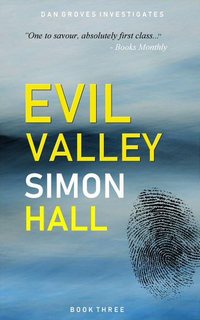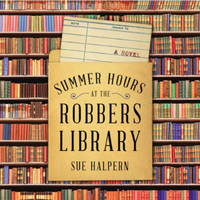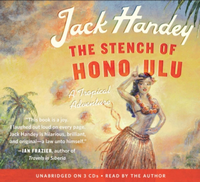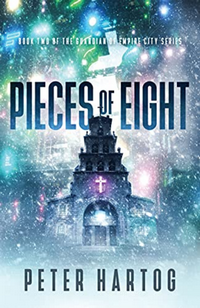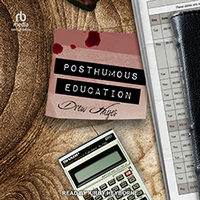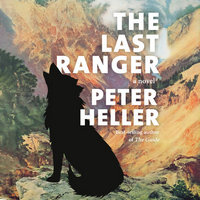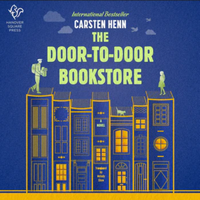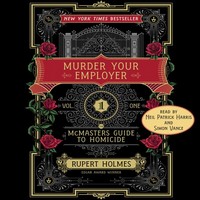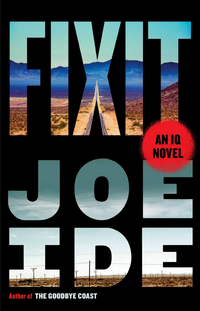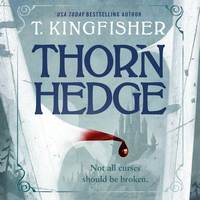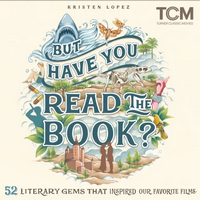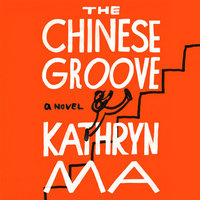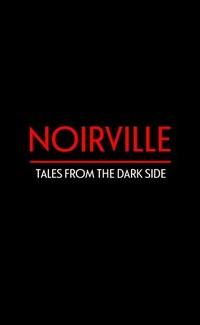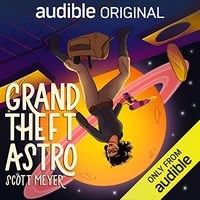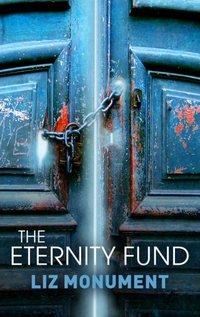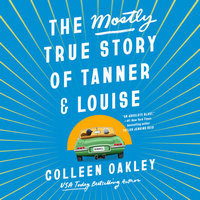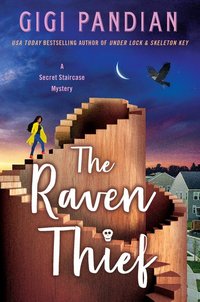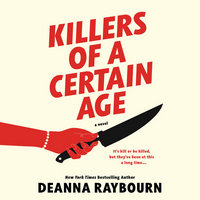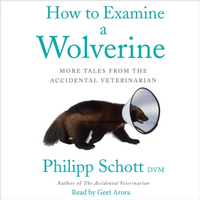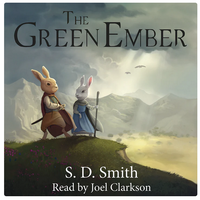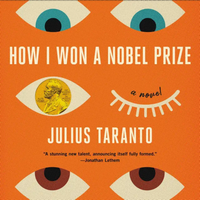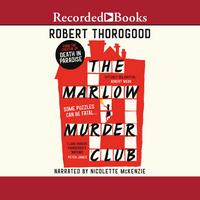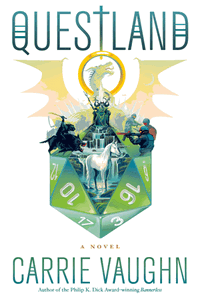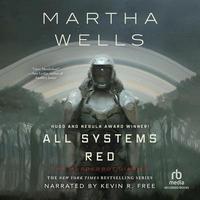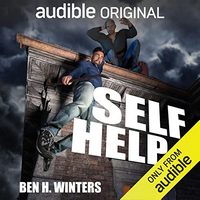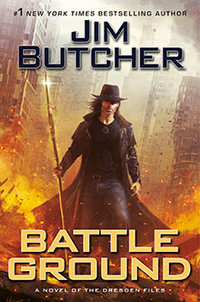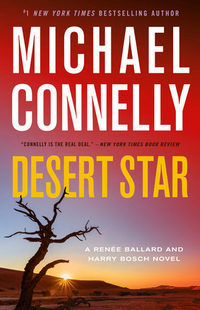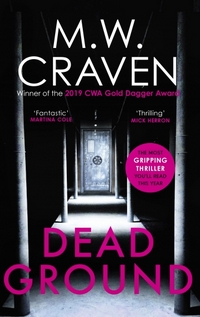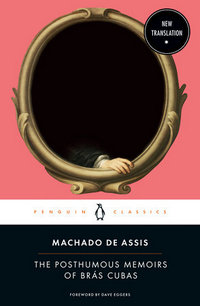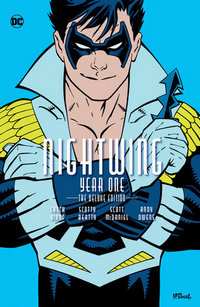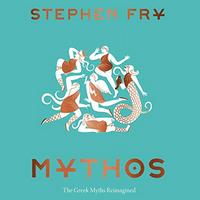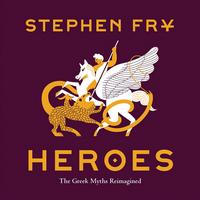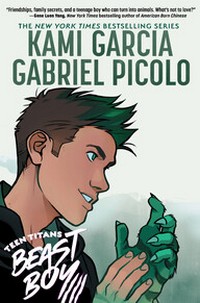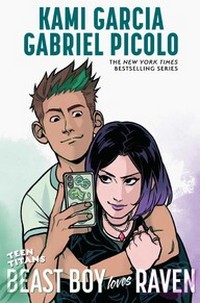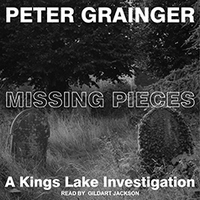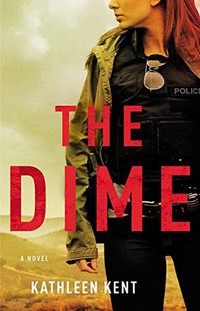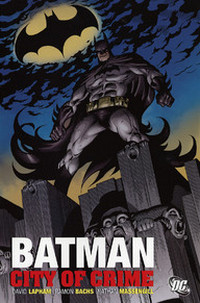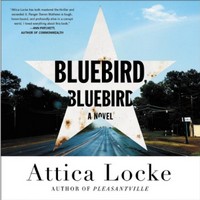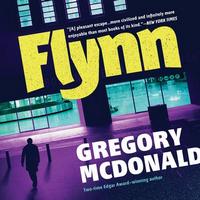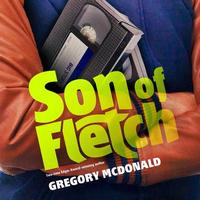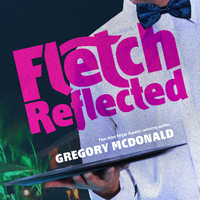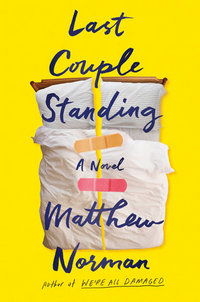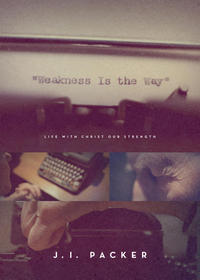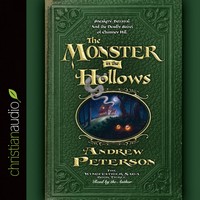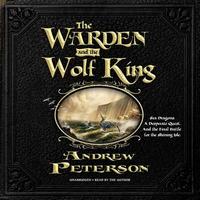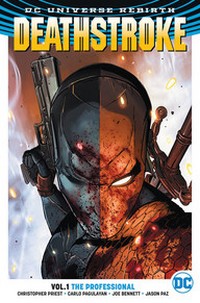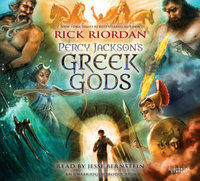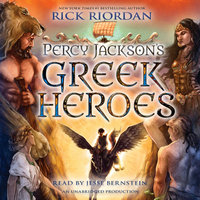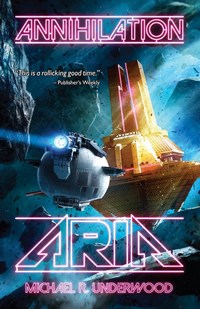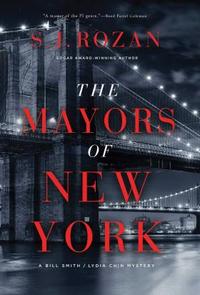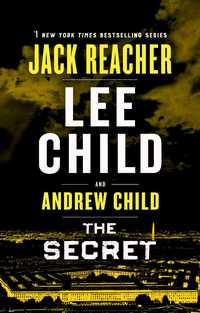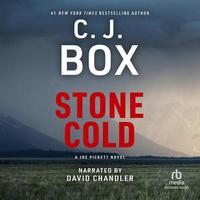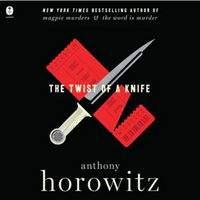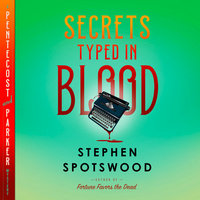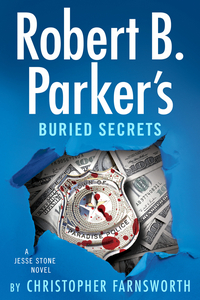 Robert B. Parker’s Buried Secrets
Robert B. Parker’s Buried Secrets
DETAILS: Series: Series: Jesse Stone, #22 Publisher: G.P. Putnam's Sons Publication Date: February 4, 2025 Format: eARC Length: 352 pg. Read Date: January 4-6, 2025

What’s Buried Secrets About?
Jesse is called to make a welfare check on an elderly Paradise resident (no one he knows) and finds the worst outcome—they are weeks too late for this check. Also, the man was a hoarder, and it’s near impossible to navigate through his home to his body without disturbing some of his stacks of…whatever it was that he’d accumulated.
When one box of photos is dislodged, Jesse finds several photos of murder victims. Crime Scene techs soon find $2 million in cash stashed in the house. Either one of these finds would send Jesse’s “coply intuition” to sound alarm bills—the two together? He knows that they stumbled onto something bad—and worse is on the way to Paradise if they can’t wrap up this case soon.
The A Story and Jesse
(not that most of the cast of characters aren’t involved in this storyline)
Something about this case sets Jesse off. Something is eating him in ways that he’s unprepared for, and he gets a little on edge and grumpy (at least to those on the outside). The bottle is calling to him in a way it hasn’t for a while. The voice is loud and tempting. There’s at least once that he goes looking for a bottle that thankfully isn’t there anymore.
The way this—and the related issues it brings up—work themselves out through this novel shows just how far Jesse has come since he first came to Paradise—or even since he stopped drinking in earnest. But that battle isn’t over.
The rest of the PPD is involved in this storyline, but this is Jesse’s focus throughout the novel—it’s also where everything that Jesse goes through emotionally/psychologically is rooted. As such, I’ve found that I can’t keep talking about this without telling you too much. So let’s move on to:
The B Story and Everyone Else
The day that this body is found is also the first day for a new officer for the PPD. He’d spent some time on patrol in a major city, and then a smaller city before this relocating. He tells Jesse that he wanted to be in a town like Paradise, where he could do some good.
There’s an incident or two—you could see them as first-day on-the-job eagerness, a training issue, or something worse. Before you know it, people in Paradise (and in the PPD) are divided over this one officer. Jesse is too caught up in this case, the city politics, and other things to really dig into things. Some others in the department aren’t so sure about him. Others are willing to give him a chance or three. Essentially, Jesse is willing to let things shake out on their own—at least until he’s able to close the murder.
He might not get that chance. Making this call is arguably Jesse’s biggest mistake in the novel.
In addition to the story of this officer, Farnsworth is able to bring in some discussion of what it means to be a police officer in the 21st Century USA. What does it look like, what kind of people should wear the badge? What kind of equipment should police departments have? How can people who have a problem with the police in their area safely do? There’s a related scene that touches on public protest and social media/legacy media fanning the flames.
In many—most—ways, this story is not the main focus of the book—but it’s so close that it might as well be. And as much as I enjoyed The A Story, this is the one that hooked me the deepest. Farnsworth did the franchise proud with it, too.
Farnsworth at the Helm
Poor Jesse Stone, this is his fourth author since Parker’s death. Just for that reason alone, I hope Farnsworth sticks around for a while. He and his readers need some continuity. Once you figure in what a bang-up job that Farnsworth did, I can underscore that hope a couple of times.
Unlike just about every other (I think every other, but let’s throw some wiggle room into this), Farnsworth didn’t give us a lot of trivia from Parker’s books to establish his bona fides. There were some references, but they were the same kind that Parker himself made. Farnsworth showed us his credentials in the way he wrote these characters, this community, and the story.
I was a little apprehensive about him—I read at least the first two of his Nathaniel Cade books—maybe all three, but nothing since. There was something about whichever Cade book was my last that didn’t leave me eager to try him again. Don’t ask me what it was—it’s been over a decade. I’m glad my loyalty to the series won out over my vague sense of apprehension (it wasn’t a close competition). He nailed it.
The one item that I’m most happy about is that with one line of dialogue, Farnsworth expanded on—added depth to—Dix. Did we need this for Dix? But I love that we got it. Also…it was a great way to give that gift to us.
BTS Question
I know there have been conversations between some of the Parker-verse authors about moves they were going to make with certain characters and whatnot—I can’t remember the details, but I heard in one or two interviews that Atkins or Coleman had to make an adjustment to one book because of something the other did (I’m being very vague because I don’t remember too much and I’m too lazy to do the homework). So I’m sure that Farnsworth and Lupica had a conversation about this book and the events of Hot Property.
What I want to know is how did Hot Property impact this novel? Did Farnsworth have Rita’s scenes in this book completed and added a couple of lines to reflect it? Did he have something else in mind for those scenes and revised them to take advantage of Lupica’s latest? Just what kind of collaboration happened?
Does this impact my appreciation for either book? Nah. But I’m certainly curious.
So, what did I think about Buried Secrets?
At each step along the way, I kept thinking of other things I wanted to say about this one—and at book 22 of a series (no matter how many authors have contributed), that’s saying something. I’ve done my best to limit myself to the bigger matters, but I think I could add at least another 5 paragraphs without breaking a sweat (and they’d likely lead to others).
When Coleman got Jesse into AA, I saw one fan complain about him turning Jesse into “another whining Twelve Step wuss” (that’s very close to it). This seemed like an odd take, as most of Parker’s work (since 1974’s God Save the Child) has celebrated people getting help via therapy or some other means to improve—even save—their lives. I’m afraid that some of what this book does is going to elicit similar reactions from that fan and many others. I hope that the publisher, the Parker Estate, and Farnsworth ignore all that. I don’t see anything here that doesn’t fit in Parker’s worldview (or at least the worldview of all of his fiction).
The Paradise Police Department—particularly the officers we’ve spent time with since Night Passage—got to shine as they ought to. Sure, it’s Jesse’s series, but Molly, Suit, Peter, Gabe, and the others are more than just cardboard cutouts in the background (obviously we don’t know as much about Peter and Gabe as we do some others). The more the various personnel get to contribute, the more the books feel like it’s about a Police Chief—not some rogue lawman. I’m glad Farnsworth did that.
Buried Secrets was satisfying on every level that I can think of. It’s the best Jesse Stone novel in years (with all due respect to Mr. Lupica), specifically since The Hangman’s Sonnet or Colorblind (now that I’ve mentioned those two books in particular, I could probably have written a post just about the ways that Buried Secrets parallels major elements of those, something I hadn’t thought of until now). It contains a good mystery, some strong social commentary, some great character moments, a bunch of characters on the other side of the law that you just have to meet, some solid action, and most of all, time with characters that fans have been spending time with for decades.
I strongly recommend this.
Disclaimer: I received this eARC from PENGUIN GROUP Putnam via NetGalley in exchange for this post which contains my honest opinion—thanks to both for this.

This post contains an affiliate link. If you purchase from it, I will get a small commission at no additional cost to you. As always, the opinions expressed are my own.
![]()



